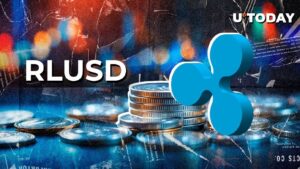The difference between market price and estimated price due to trade size.
Price impact is an expression used to describe the correlation between an incoming order and the change in the price of the asset involved caused by the trade.
Buy trades push the price of a given asset higher by exhausting the cheapest sell orders in the order book, while the opposite happens for selling trades. The extent to which the price moves as a result of trades largely depends on the liquidity of the trading pair affected. More liquid trading pairs will see a smaller price impact than those with lower trading volumes.
Traders — especially those trading on markets with limited liquidity or those who make big trades — have to keep in mind the impact of their trade on the asset price. Their second buy trade will on average be more expensive than the first one because of their impact on the market.
Monitoring and controlling price impact is one of the hottest areas of interest in research conducted by trading firms. Much effort is currently being dedicated to understanding how dependent the trade impact is on the trade size and how long it takes for its effect on asset price to manifest fully.




